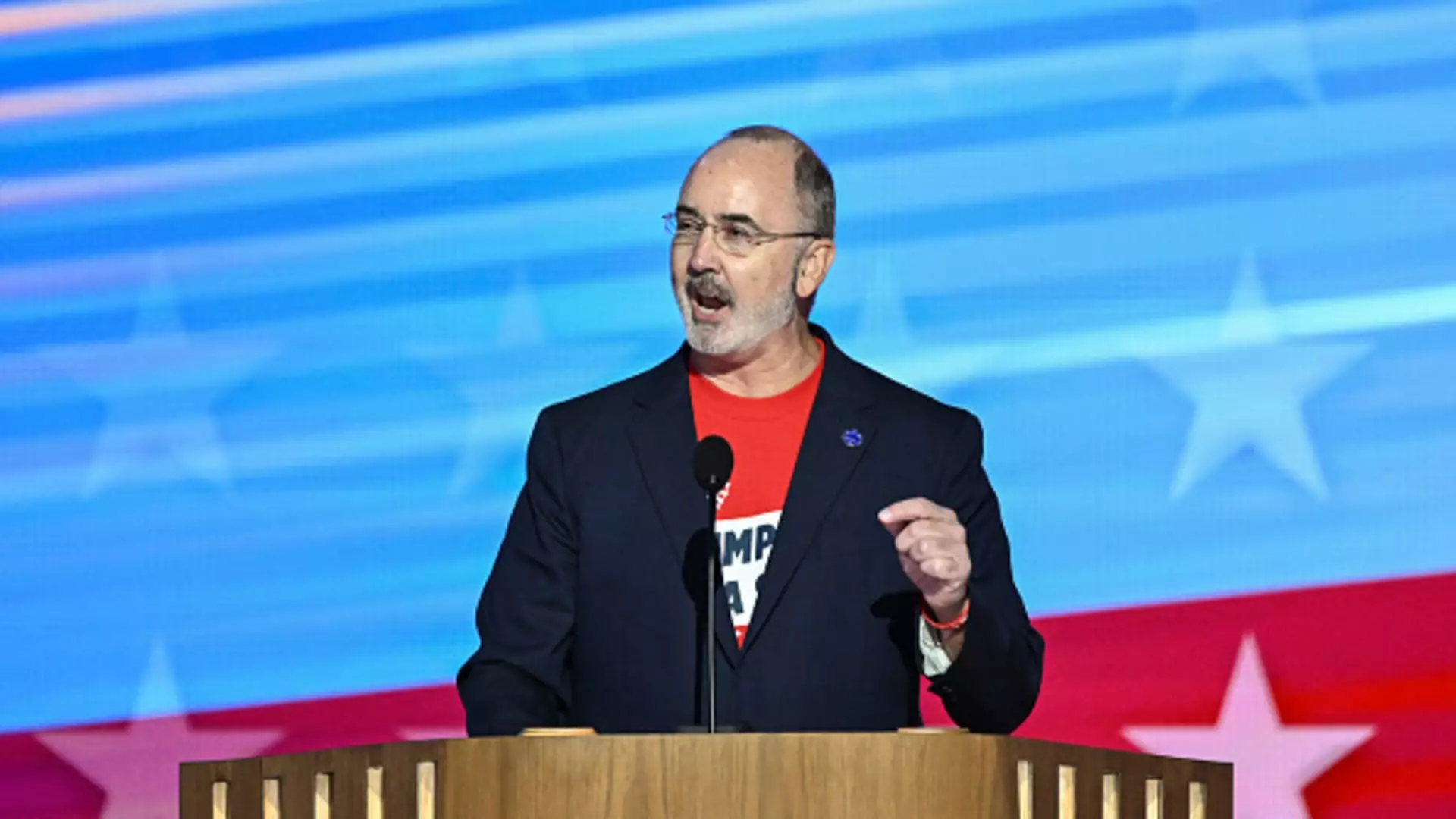In the evolving landscape of the automotive industry, labor unions frequently find themselves at the forefront of negotiations that shape the future of work for thousands of employees. The United Auto Workers (UAW) union’s recent actions against Stellantis highlight the growing discord surrounding contract enforcement and labor practices. On a recent Monday, the UAW filed federal unfair labor practice charges against Stellantis, signaling escalating tensions over alleged violations of previously agreed-upon contract terms.
At the heart of this conflict lies the 2023 contract, which included significant promises to UAW members, such as the reopening of an underutilized assembly facility in Belvidere, Illinois, and the commitment to manufacture the Dodge Durango in Detroit. UAW President Shawn Fain emphasized the stakes involved, stating that the union secured the right to strike if Stellantis reneged on its commitments. This situation exposes an underlying frustration with Stellantis’s ongoing production cuts and layoffs, which have sparked outrage among union leaders and rank-and-file workers alike.
Stellantis has maintained a defensive stance, asserting that it has not violated any terms within the Investment Letter included in the collective bargaining agreement. Despite these claims, the company faces mounting grievances from multiple UAW locals representing thousands of workers, contesting Stellantis’s alleged attempts to transfer Durango production outside the U.S. Notably absent from Stellantis’s communications is a definitive outline of the proposed production relocation, sparking speculation that production might shift to facilities in Ontario, Canada.
The UAW’s accusations reflect a deeper concern regarding the decline in domestic manufacturing jobs and the implications for workers’ rights in an increasingly globalized market. By seeking legal recourse, the union aims not only to defend the gains made in their contract but also to challenge broader industry trends that undermine labor stability. The ongoing disputes could increase scrutiny from the National Labor Relations Board, which confirmed receipt of the UAW’s complaints.
As the situation unfolds, both sides are preparing for what may become a protracted battle over workers’ rights and corporate responsibilities. Stellantis’s earlier decisions, such as delaying the reopening of the Belvidere plant, could have lasting effects on workforce morale and union solidarity. The UAW’s firm stance suggests that the union is willing to mobilize its members to ensure compliance with contract terms.
As the fallout from this dispute progresses, the implications could reverberate across the entire automotive sector, influencing how labor and management negotiate the parameters of work in the fast-evolving automotive market. The outcome of this conflict could potentially set significant precedents for future labor negotiations, influencing how unions assert their rights in the face of alleged corporate overreach.

